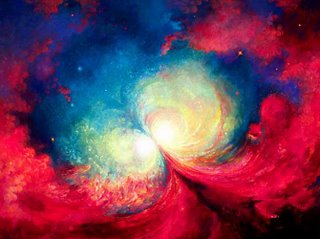A plethora of materials have recently become available on the Beatles' early days, including their electrifying performances on the Ed Sullivan Show. Consequently, this would seem to be a good moment to look back and ask the question that often doesn't find an easy answer: "Why were they so good?"
As a boy, listening to the Beatles, it was difficult to put a finger on the reasons why they were so much better than all the other artists around. Forty years later, I feel that I can now tentatively touch on some of the points that made them superior.
First, as a band they were very tight: incredibly tight. They had played together for years in Liverpool and Hamburg and this constant practice made them able to almost read each other's minds, musically speaking. They had learnt the various popular music styles of American rock and blues so well, that they even began to surpass the originals.
Secondly, there was the high standard of musicianship. All the three principal members played guitar, did vocal harmonies and wrote songs. What's more, at least in the early days, they were happy supporting each other and even seemed to enjoy it. It was difficult to say who the leader was, as the three principal members were interchangeable in complex and subtle ways.
Thirdly, George Harrison was a greatly underestimated guitarist and he gave Lennon and McCartney's compositions a uniform and generic feel. In order to appreciate this point one needs to consider just how different John and Paul's work seemed in the early days after the split. It had been George's chiming guitar chords that had largely created that particular Beatles "sound".
The final feature that made the Beatles unique, is also probably the most obvious: the elevated song writing skills of Lennon and McCartney and to a lesser extent, those of George Harrison as well. It's difficult to say exactly why they were so much better than everyone else, but it had a lot to do with their tight understanding as a group. The songs released during the first part of their recording career sounded almost the same live as on record. Furthermore, as the Anthology discs show, even complex later songs like Strawberry Fields, A Day in the Life and Lucy in the Sky with Diamonds, were already fully formed on guitar or piano, before being worked up to their final lush forms.
True genius is uncommon, but these simple three boys from Liverpool undoubtedly had it in abundance.




